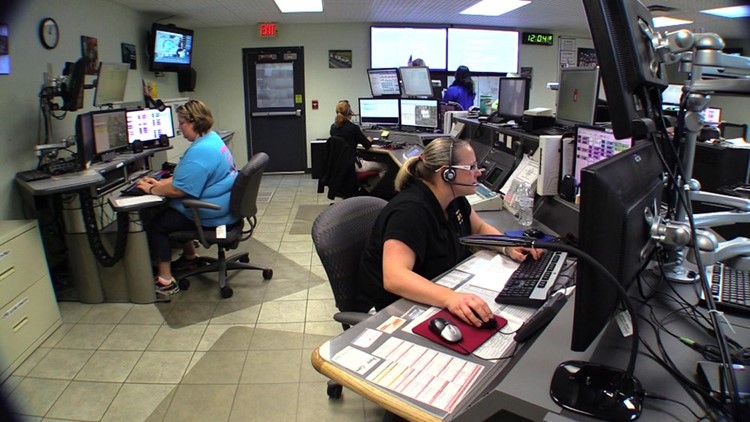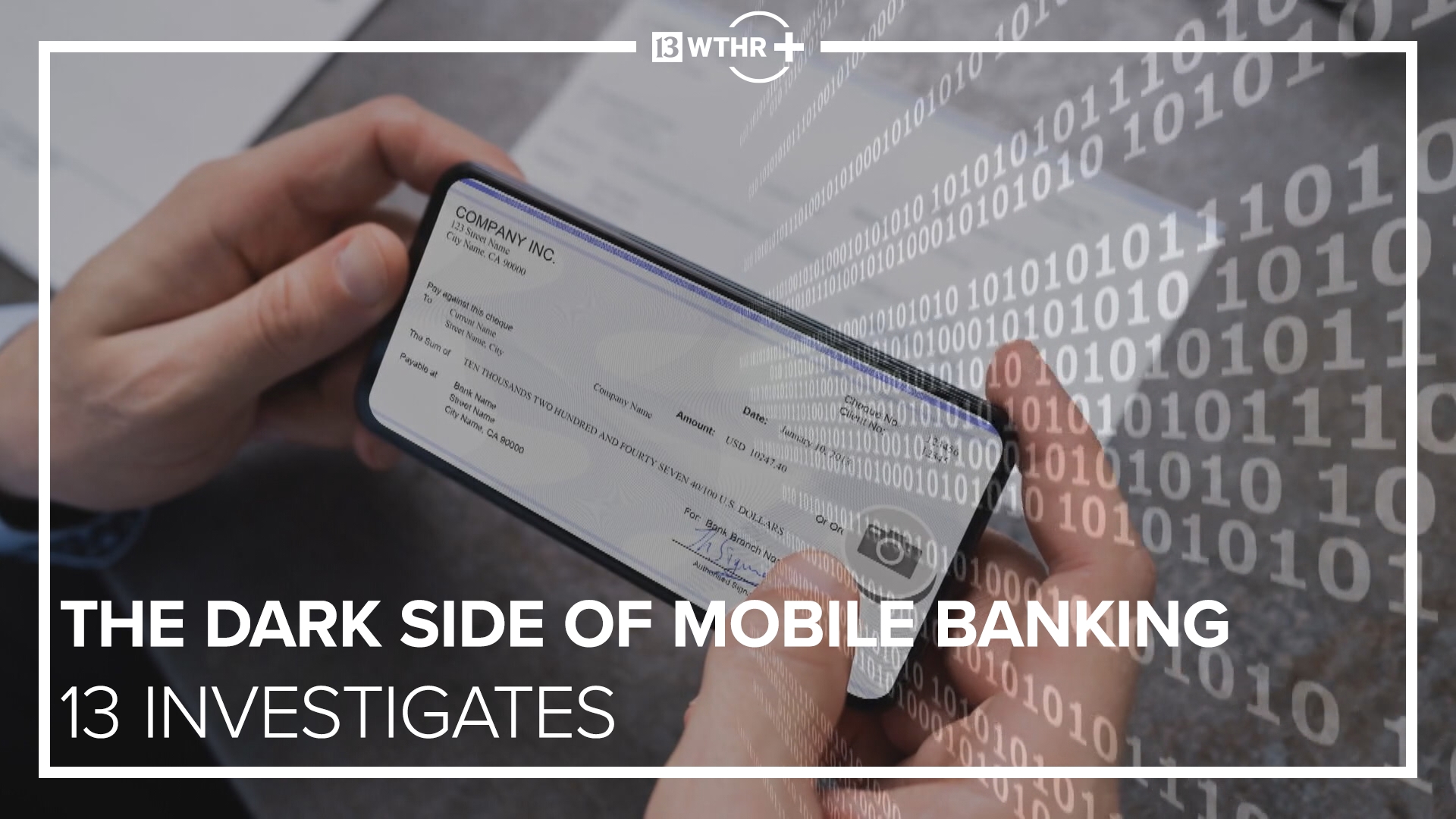Eighty percent of all 911 calls in Indiana now come from cell phone users.
The influx is creating a need for better technology at dispatch centers across the state. In fact, state lawmakers just increased your 911 service fees to pay for it.
But is every dime being spent for your safety?
13 Investigates shows you how some counties are breaking the rules, and getting away with not paying it back.
Staying connected on the go has never been easier. But tracing wireless calls during life-or-death emergencies is a different story.
"Over 80 percent of all 911 calls come from a wireless device in Indiana," said Barry Ritter, the Executive Director of the Statewide 911 Board.
Pinpointing those wireless calls and providing text-to-911 service require advanced technology. It means the state and dispatch centers are on the hook for costly upgrades.
So if you have a phone or device that connects to 911, you're paying for those improvements whether you want to or not.
911 Fee Increase Raises Approximately $70M
"There's a fee on your monthly phone bill or your monthly contract bill from your wireless provider or your VoIP provider," Ritter told 13 Investigates.
In July, Indiana lawmakers increased the 911 fee from .90 cents to $1.00 a month. That translates to about $70 million a year collected.
The 911 Board keeps a portion of the money to pay for a statewide public safety system that redirects wireless 911 calls to the closest dispatcher. Most of the money is handed over to Indiana's 92 counties to cover operational costs at 911 centers.
13 Investigates wanted to see how your fees were being used and uncovered new audits showing nearly a half million in questionable expenses over the last 2-years. The $400-dollars flagged was found in 51 counties.
"It's a very specific list that they can use the money for," said Ritter.
Under Indiana law, 911 Centers can pay salaries, buy equipment, and cover system maintenance costs for 911.
Counties Found in Non-Compliance for Misusing Funds
But records obtained by the State Board of Accounts shows some counties spending thousands of dollars on expenses not allowed, like county building projects, pest control, rent and drug testing.
"Mistakes are going to be made," said Cass County Central Dispatch Director Dan McDonald.
Cass County has been cited two years in a row for using the money for drug testing.
"They were concerned that we were using this as a screening process for people who weren't currently employed," explained McDonald.
Instead of paying the money back, McDonald and his auditor, Vaneen Ide, submitted a letter two years in a row arguing their case.
"This is the second time we have been cited for this expenditure. Once again, if State Board of Accounts feels that it is not necessary to drug test...employees for the safety and accountability of the service, then I'm not sure I want them answering my 911 call," wrote Ide.
"We take safety extremely seriously here. We do believe this is something that maintains the quality and integrity of our department," McDonald said without apology.
The 911 board agreed.
No reimbursements for drug testing are now required, as long as the tests are for current employees. Drug testing for applicants must be covered by a different county fund.
But Cass County is still ordered to pay back $10,000 put into a county building. McDonald says his office has already made the reimbursement.
"Integrity is an important issue in public safety. Integrity does no mean we don't make mistakes. Integrity means we handle them properly when we do," explained McDonald.
The largest questionable expense state auditors tracked turned up in Huntington County.
"A little over $80,000," said Ritter.
Audit records show Huntington County used 911 fees to renovate the 911 center at the jail.
13 Investigates was not allowed on the second floor to show you how the money was spent, but it's clear in the state 911 policy the distributions can not be used for vehicles, construction or renovations.
Huntington County gave the money back.
Counties Still Owing Reimbursements
But 13 Investigates has learned more than a half-dozen counties ignored the deadline and failed to reimburse their 911 accounts for ineligible spending in 2013. The outstanding reimbursements were supposed to have been paid back by December 31, 2014.
According to Ritter, his office has not received verifications of payments from the following counties: Cass, LaPorte, Marshall, Pike, Pulaski, Putnam, Starke, Sullivan, and Switzerland.
Seven counties have until December 31 of this year to pay back ineligible purchases made from the 911 fund in 2014. They include: Fountain, LaPorte, Orange, Pulaski, Scott, Shelby, and St. Joseph counties.
No Authority to Enforce Reimbursements
What's more troubling, according to Indiana law, no one can make them.
"There is not a penalty provision, if you will, in the statute," Ritter admitted.
"Is that a problem?" questioned 13 Investigates.
"The board's legal authority does not exceed beyond anything but 'You have to repay that money.' So until the General Assembly provides another option, there's not much that we can do," he conceded.
But the state will keep collecting your fees each month and handing over millions of dollars to the counties while offering reassurances that the majority of the money is being spent well and by the rules. The State Board of Accounts will continue to audit and report its findings.
"Indiana has the largest deployment of text-to-911 in the country," said Ritter. "We know that we are receiving networks that are cutting edge technology."
Lawmakers will allow the statewide 911 board to collect the $1 fee for the next five years. The board says some of that money will help set up two identical networks across the state, to prevent gaps during times of disaster emergencies. The systems will also have seamless routing of 911 calls.



